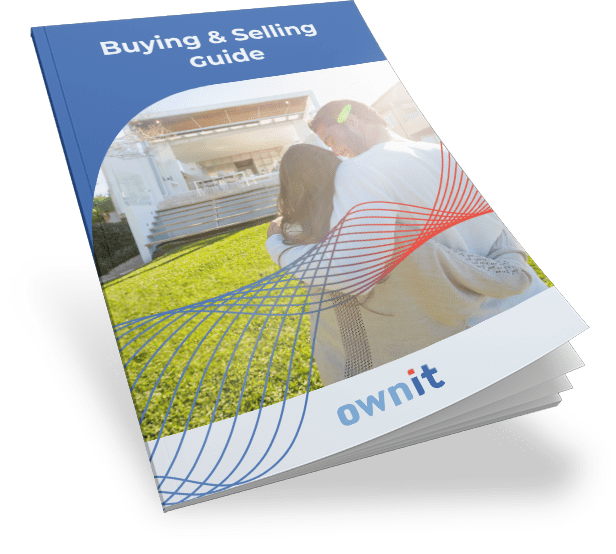
Settlement day is fast approaching. You’re counting down the hours until you’re handed the keys to your dream home!
But there’s one last thing you need to do: conduct the pre-settlement inspection.
If you’re considering buying or selling a property in Queensland, it’s a good idea to get up to speed on the ins and outs of pre-settlement inspections.
In this article, we’ll explore and define this important due diligence aspect of the property sale process. We’ll also share some pre-settlement inspection tips and step you through the process of drafting a pre-settlement inspection checklist.
What is a pre-settlement inspection?
As a property buyer, a pre-settlement inspection is your chance to walk through your soon-to-be new home to ascertain that everything in the property is in order. It provides you with an opportunity to check that nothing you and the seller agreed on in the contract has changed before the property officially changes hands.
Why are pre-settlement inspections so important?
It’s not uncommon for a settlement period to last 60 to 90 days from when the contract was finalised. A lot can happen in that period, especially if the property is occupied.
Just imagine arriving on moving day only to be met by a green, algae-filled swimming pool … debris in the driveway … a massive chunk of plaster bashed out of the bedroom wall made by the seller as he tried to maneuver his extra-length bed out of the room. Believe us, this, and worse, has happened!
To make sure you’re not blindsided by unpleasant surprises of this kind, be sure to arrange a pre-settlement inspection before it’s too late to hold the seller accountable for any such damage. Ideally, this inspection should take place a few days before the settlement to allow the seller time to make any necessary repairs.
Your estate agent will be able to assist you in scheduling the pre-settlement inspection appointment. It’s a good idea to arrive with a pre-drafted list of items to inspect, as you’ll want to ensure that you make good use of your one chance to check that everything is in the condition you expect it to be.
Drafting a pre-settlement inspection checklist
Here’s a list of the items to include in your pre-settlement inspection checklist:
- Electricals: This includes the main switchboard, light fittings, and plug sockets, ceiling fans or air conditioning units, garage doors and gates, pool pump, smoke detectors, hot water systems, intercoms, and yes, even the doorbell!
- Appliances: This includes stoves and dishwashers and any other appliance included in the contract of sale. Switch the oven and stovetop on and off, and if applicable, test that the gas is working.
- Garden: Take a walk around the outside of the property and check that the garden/landscaping and any courtyards are in the same condition as you remember them.
- Fixtures: Turn on the taps and make sure that there’s both hot and cold water. Flush all the toilets and check for any leaks. Inspect all basins for any cracks or leaks. Check that every basin and bath has correctly fitting plugs.
Other miscellaneous items:
- Telephone line
- Rubbish bins
- Door, cupboard and window handles and locks and keys
- Curtains and blinds
In your anticipation of moving in, it’s easy to rush through the pre-settlement inspection process, but you don’t want to uncover problems only after you’ve moved in and it’s too late.
Take your time and don’t be intimidated – remember, it’s your right to do a thorough inspection.
In the event that you discover issues that need to be addressed, stay calm and make detailed notes, and wherever possible, take photographs. In most cases, problems can be easily solved with the help of the conveyancer overseeing the sale.
Conveyancing advise you can trust
At Ownit Conveyancing, we’re in the business of assisting buyers to navigate the nuances of the property purchase process.
We’ll help you ensure that your Queensland pre-settlement inspections and all other steps on your journey to becoming a homeowner go smoothly.
Let us know how Ownit can help – we’re just a phone call away.
Guarantee the best quality of service at a low-cost, fixed price with Ownit Conveyancing! Tested and proven for over 30 years


